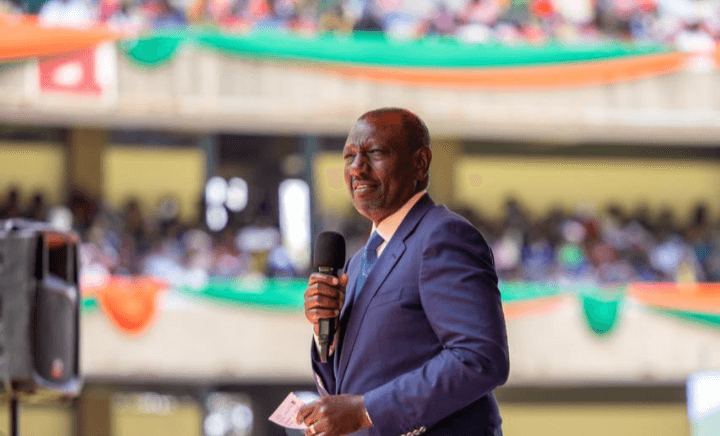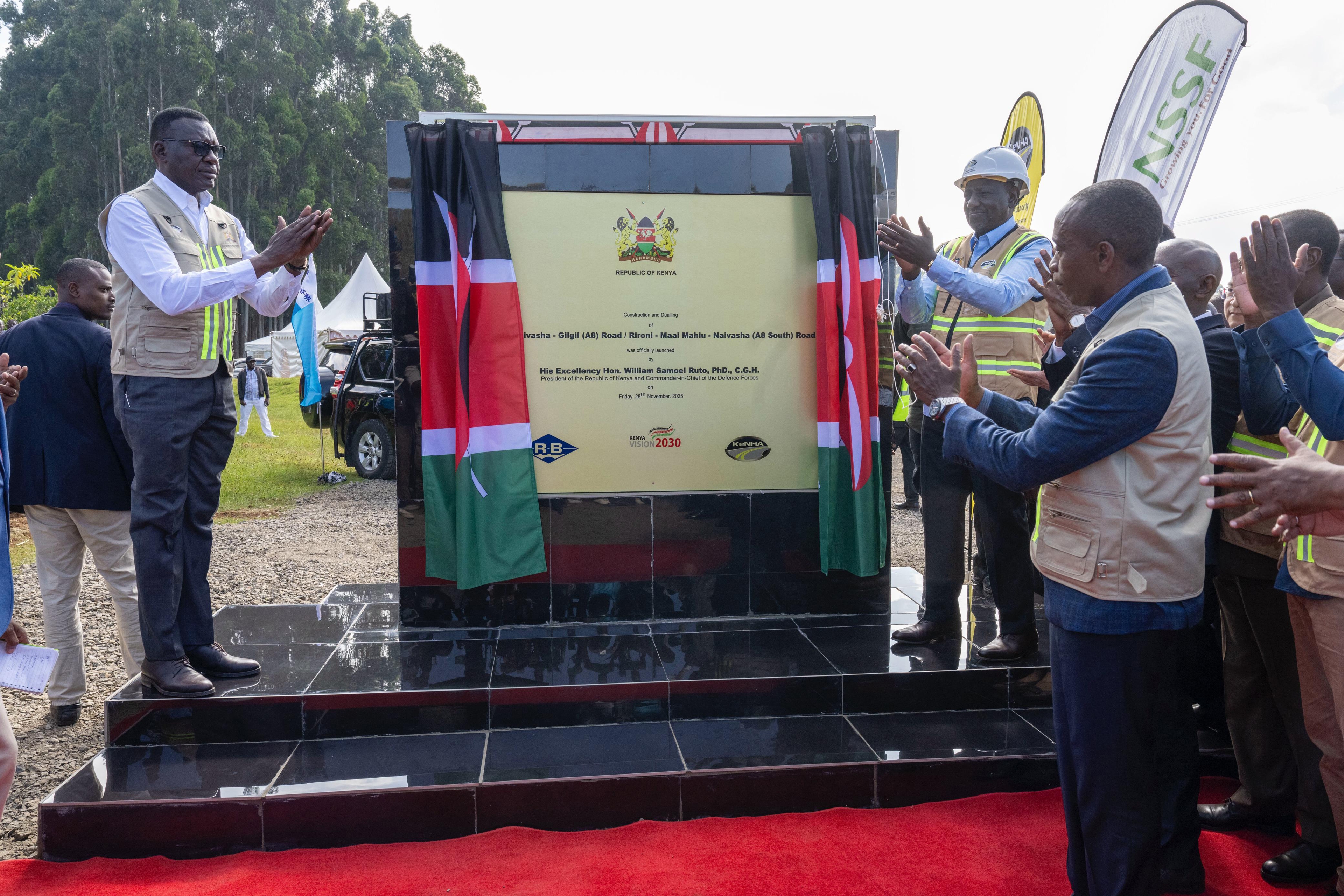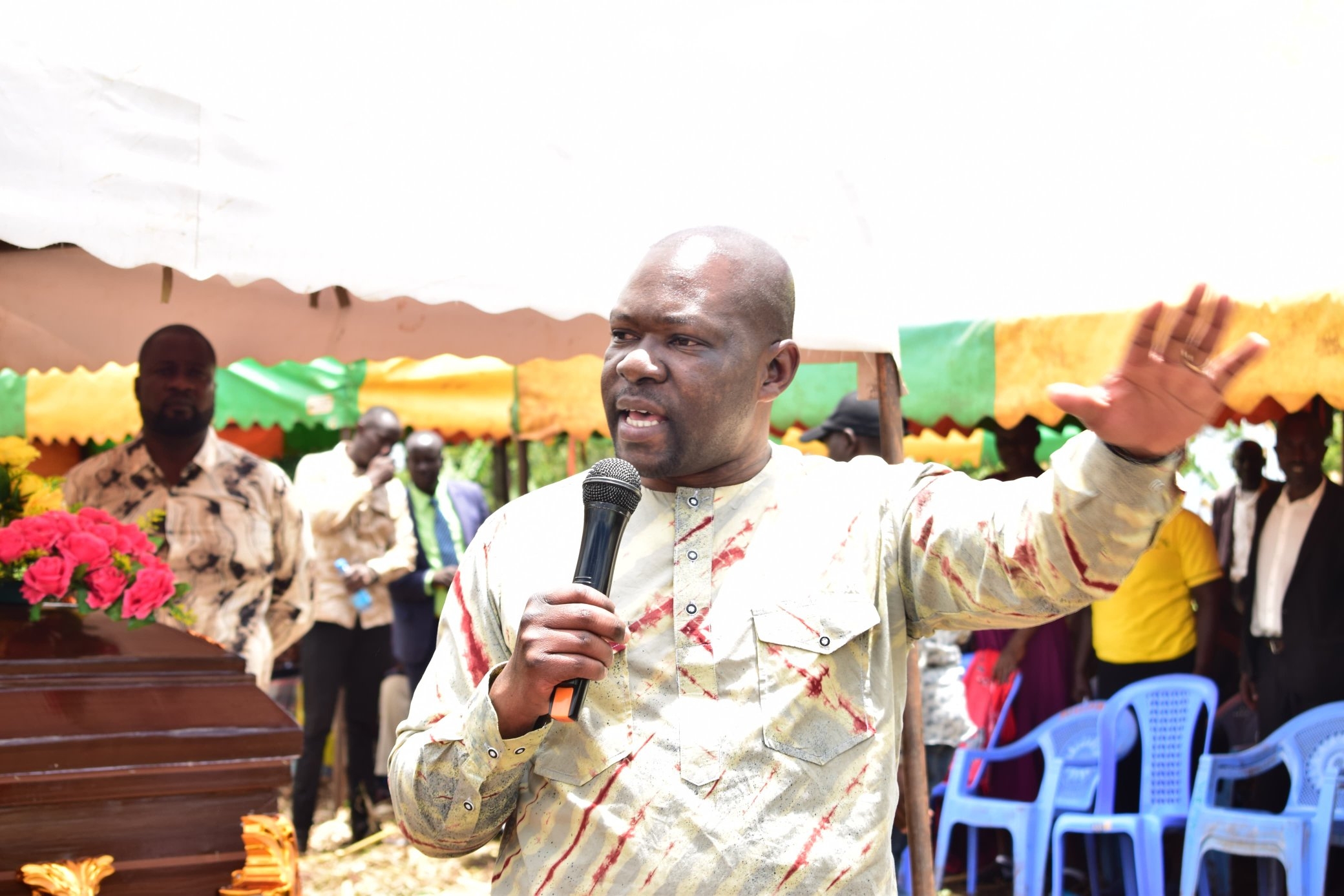Taxes on consumers and mobile operators are directly affecting the affordability of mobile devices and services and reducing state revenues, a new report has shown.
The Mobile Tax Policy and Digital Development report by Groupe Speciale Mobile Association (GSMA), shows that taxes currently make up 21 per cent of the cost of a basic internet-enabled handset on average.
GSMA says that taxes such as the excise duty, have in turn slowed the uptake of mobile devices and related services.
The excise duty levied on mobile services has shown a consistent upward trajectory, resulting in Kenya's tax rates ranking among the highest in the Sub-Saharan African (SSA) region.
In Kenya, the excise duty on mobile services is one of the highest in Sub-Saharan Africa, having increased from 10 per cent to 15 per cent in 2018 and then from 15 per cent to 20 per cent in 2021.
The report revealed that these increases contributed to higher prices, decreased usage, and eventually lower-than-expected revenues for the government.
The reduction in usage for certain segments led to a 20 percent reduction in revenues collected from the airtime tax in 2021.
“Governments in the region are turning to levies on mobile money services for revenue generation. However, evidence shows these taxes are counterproductive, as mobile money users rapidly reduced their usage of the service in favour of alternative payment methods such as cash,” the report reads in part.
This in turn produced a reversal of progress in financial inclusion and reduced government revenues.
In recent years, Kenya's mobile industry has witnessed notable shifts in its taxation policies, affecting both consumers' and the government's income.
This has led to confusion and disruptions in the supply chain, leaving shop owners struggling to restock their shelves.
Phone shops have seen a sharp decline in sales, leaving them with minimal revenue to cover essential expenses such as rent and employee salaries.
The report says that taxes imposed on mobile services contribute significantly to the overall cost of using the internet in Sub-Saharan Africa.
Based on an analysis of levies imposed on mobile consumers in 40 countries for which data is available, tax payments represent 17 per cent of the cost on average for a 1GB data basket.
Kenya, Tanzania and South Sudan have the highest proportion of tax at 26 per cent, followed by Zambia and Uganda at 25per cent and 24 per cent, respectively.
Nigeria, Botswana, Angola and South Africa have the lowest proportion of tax between seven and 13 per cent.
Taxes specifically targeted at the mobile sector play a pivotal role in Kenya's overall tax revenue.
Among the countries surveyed by GSMA, Kenya stands as the fourth-highest in terms of imposing sector-specific taxes on the mobile industry.
Approximately 14 per cent of the revenue generated from the mobile sector is allocated towards taxes and various fees.
In the last fiscal year, Safaricom alone contributed Sh132.6 billion in taxes, duties, and licensing fees.
This underscores the substantial contribution of the mobile sector to Kenya's Gross Domestic Product (GDP), accounting for approximately 3 percent of the total GDP.
Furthermore, this sector alone contributes 5 percent of the total tax revenue collected by the Government of Kenya.












![[PHOTOS] Ruto launches Rironi-Mau Summit road](/_next/image?url=https%3A%2F%2Fcdn.radioafrica.digital%2Fimage%2F2025%2F11%2F6f6601a6-9bec-4bfc-932e-635b7982daf2.jpg&w=3840&q=100)


